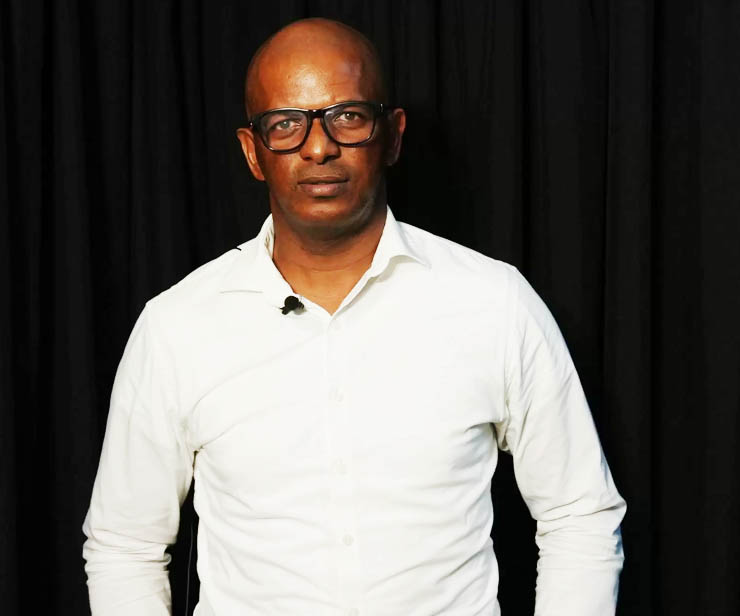As defined by the Oxford Dictionary, a meritocracy is “a society governed by people selected according to merit.”
The word – choice – is defined as the act of selecting between two possibilities or outcomes.
The two words are innately allied, though the eventual consequence of their inherent relation can be subjective, and at times disconcerting.

Meritocracy, in particular, correlates to a qualitative right, a truth based on evidence of outcomes, while the basic element of choice dissociates and divorces itself from any rationale, and is established on the foundations of free will. A divinely ordained principle, free will is often a guilty accessory to the latter.
American entrepreneur and author, Eric Ries, acclaims meritocracy, which goes beyond its initial societal designation, to translate to any form of authority, public or otherwise, perfectly,
“Meritocracy is a good thing. Whenever possible, people should be judged based on their work and results, not superficial qualities.”
A localized paragon of such conviction can be attributed to the ascension of Guyana Table Tennis Association (GTTA) President Godfrey Munroe to the helm of the Guyana Olympic Association (GOA).
Munroe, on March 21, defeated Guyana Baseball League (GBL) boss Robin Singh 31-4 to earn the right to replace former magistrate, Kalam Juman-Yasmin, 75, whose perceived ‘monarchy’ commenced in 1996 and was curtailed, after the enactment of an age limit statute (70) in 2022 as stipulated by the International Olympic Committee (IOC).
The option of change almost seemed for an extended age, (26 years to be precise, and against the backdrop of consummate and sustained failure), as a detestable thing at the GOA kingdom.
However, the importance of choice cannot be understated, and the subsequent rejection of Singh was based solely on merit. The deprivation of his curriculum vitae, was the only basis for his mammoth failure. Even so, it would be interesting to ascertain which four associations supported such a dearth of accomplishment and were willing partners to such a continuance. Frankly speaking, the fact that four associations opted to support an apparent machination from the past is very troubling.
Forthrightly, the people have spoken, they have made their selection utilising a democratic methodology grounded on an evidentiary perspective. In the local consciousness, especially of the sporting ecosystem, the GBL chief was viewed as a remnant of a previous time. This movie, the “Normalization of Failure”, could not procure a sequel.

Munroe is now tasked with leading what is described in some circles as a ‘new dawn’, and a possible ‘golden era’ with an executive committee that comprises notable administrators such as Vice Presidents Phillip Fernandes – Hockey; Steve Ninvalle – Boxing; Cristy Campbell – Tennis; General Secretary, Vidushi Persaud –McKinnon – Archery and Sport Shooting; Assistant Secretary, Emelia Ramdhani – Badminton; Treasurer, Garfield Wiltshire – Squash; and Assistant Treasurer, Michael Singh – Basketball.
While the previous iteration of the executive committee could be viewed as ‘out of touch’, the current cadre, which is tangibly diverse in race, religion, and more importantly gender, is littered with individuals who are experienced and competent leaders of their respective associations. Relevant minds for a germane time!
More importantly, the common thread that binds this contrasting corps of personages is their diversity of thought, as each brings a different perspective to the entity due to their personal and professional background, and experiences.
Far from a motley crew, this is an actual marriage, at least at first glance and for the uninitiated, of the corporate sector, and government.
Though diversity is often of vestigial political persuasion.









